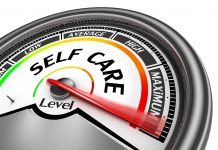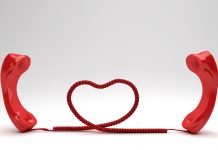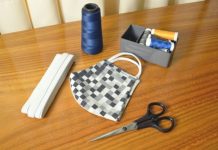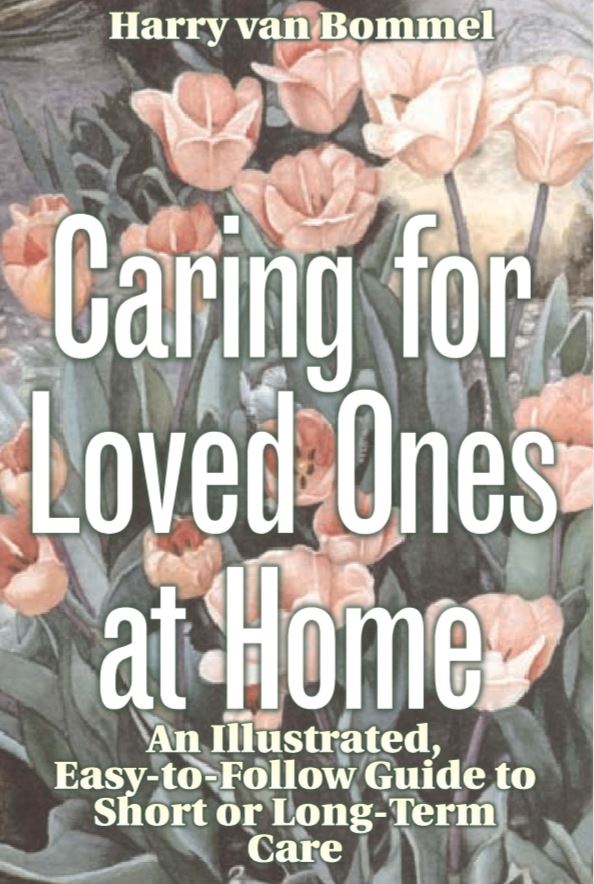Caring for someone can be quite time consuming. Just reading the previous instructions may be enough to make you ask if you have what it takes to do this well. When I was caring for my parents, I was a recent university graduate in the fields of history and political science. I had no experience caring for anyone (including myself if the truth be told). Using some of these basic care skills that I learned from nurses, or through trial and error, I was amazed at how calming and enjoyable they were to use for my parents. These were intimate moments of real caring. Physical care of people we love is one of the greatest gifts we give to them and to ourselves. I would not have believed that if I had not experienced it. These are life-defining moments that make us better children, spouses, parents, friends and neighbours.
The people we care for may not remember what we said. They will remember how we make them feel and physical care is one of the most intimate forms of communication we ever experience.
In the days and weeks ahead you may be involved in a wide range of activities. You may be able to give another family member or friend some of the activities that you are less comfortable with while concentrating on your own strengths. However, you will likely have to do things you have never done before or do not feel comfortable doing at first. Give it a little time and you will be amazed at how quickly you learn.
Preventing Further Illness/Infection Control
We were always told to wash our hands before meals for good reason. When caring for someone it is wise to wash your hands before touching them or their food in any way. This helps prevent infections from spreading from you to them and vice-versa.
Wash your hands before and after physical contact with someone who is ill. Ask your visiting home nurse what kind of hand soap and lotion are best.
Wet your hands under running warm water.
Add soap to work up a good lather, washing your whole hand vigorously, including the wrists, back of hands, between your fingers and under your fingernails.
Rinse thoroughly and let drip dry in the sink for a moment.
Dry your hands using your own towel or a paper towel.
Turn the faucet off with your used towel (not your bare hands).
You may want to use a hand lotion to prevent dryness or chapping.
It may be wise to use disposable latex or vinyl gloves and a disposable apron if you are likely to touch blood or other body fluids. Dispose of the gloves, dirty dressings, apron, etc., in two plastic bags for extra safety to prevent the spread of infection or disease. Needles should not be thrown into the trash. Put them in a plastic or metal container (e.g., empty bleach bottle) and tape lid shut once the container is full to prevent needles from falling out accidentally. Check with your nurse about how best to dispose of the needle container.
It is likely in North America that someone will have a cold or flu in your home during the year. Use a mask to cover their mouths if they are coughing and wear one yourself if you need to be near them. Children and pets also spread germs. Remind children about hand washing. Have pets checked by a veterinarian to make sure they are healthy with up-to-date shots. Be especially careful to wash your hands after cleaning up after your pet, cleaning out the litter box or bottom of the cage.
Caring For Loved Ones At Home – Free eBook – click here.
Click here for Harry’s previous article on Adapting Your Home.





























